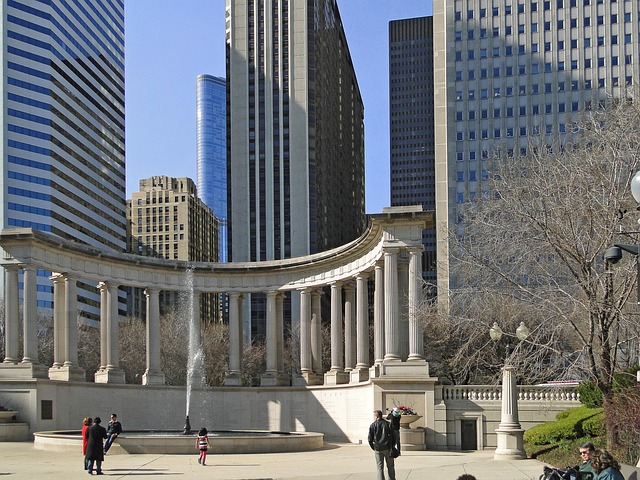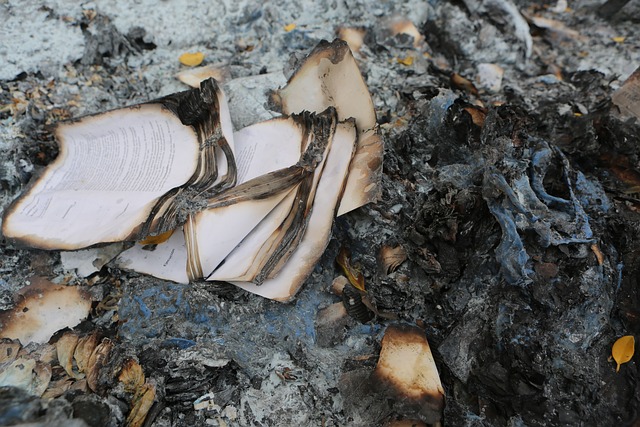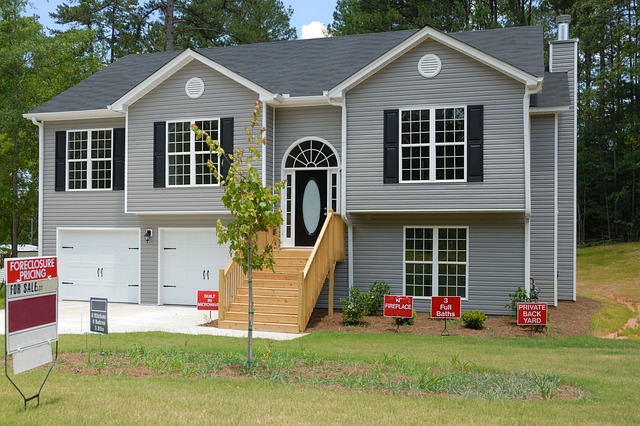House flipping has gained popularity in Chicago by rehabilitating fire-damaged properties. While challenging due to extensive renovations and competitive buyers, skilled flippers transform these homes into desirable residences. They navigate legal requirements, employ strategic marketing, and offer affordable housing options, revitalizing neighborhoods and boosting the local economy. In Chicago's dynamic market, specialists in fire-damaged home flipping provide a valuable service, ensuring quality housing post-tragedy while achieving lucrative returns for investors.
“House flipping, a dynamic real estate strategy, has captivated Chicago’s housing market. Understanding this trend requires delving into the unique challenges and opportunities presented by the city, especially when dealing with fire-damaged properties. This article explores the rise of house flipping specialists in Chicago, their innovative restoration strategies, and their adept navigation of legal and financial complexities. From identifying lucrative opportunities in fire-damaged homes to successful sales, discover how these experts thrive in Chicago’s competitive market.”
- Understanding House Flipping: A Growing Trend in Chicago
- The Challenge of Selling Fire-Damaged Properties
- Specialist Strategies for Restoring and Reselling in Chicago
- Market Analysis: Demand for Flipper's Work in the City
- Legal and Financial Considerations for Flippers in Illinois
- Success Stories: How Specialists Navigate and Profit from Challenging Sales
Understanding House Flipping: A Growing Trend in Chicago

In recent years, house flipping has emerged as a dynamic and lucrative trend in Chicago’s real estate market. This practice involves purchasing undervalued or distressed properties—including selling fire damaged homes Chicago—and undergoing rapid renovation to increase their value before reselling them for a profit. The growing popularity of this strategy is attributed to the city’s diverse housing landscape, offering numerous opportunities for skilled flippers to identify hidden gems and transform them into desirable residences.
Chicago’s real estate market, characterized by its vast range of neighborhoods and varying property conditions, presents a unique playing field for house flipping specialists. Selling fire damaged homes Chicago, for instance, allows flippers to leverage the potential for significant value addition through strategic remodeling and rehabilitation. This trend has not only revitalized several communities but also contributed to the city’s economic growth by increasing housing inventory and fostering competition among buyers.
The Challenge of Selling Fire-Damaged Properties
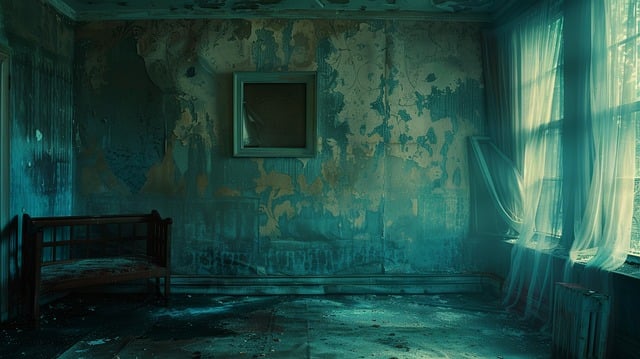
Selling a fire-damaged property in Chicago presents unique challenges for house flipping specialists. After a fire, homes often require extensive renovations to restore them to their original condition or even update them to meet current market standards. This process can be time-consuming and costly, deterring some potential buyers. Even with the hard work of renovation, there may still be visible scars from the fire, which could impact a property’s appeal.
Chicago’s competitive real estate market exacerbates these challenges. Buyers often expect top-notch conditions for their investments, making it crucial for flippers to accurately assess and disclose any damage or repairs needed. Proper marketing strategies that highlight the potential for transformation are essential to attracting buyers willing to take on such projects.
Specialist Strategies for Restoring and Reselling in Chicago

Chicago’s real estate market presents unique opportunities for house flipping specialists, especially when it comes to restoring and reselling properties in high-demand areas. One niche strategy gaining traction is acquiring and rehabilitating fire-damaged homes. These properties often offer significant discounts due to their condition but can be transformed into desirable residences with the right expertise. Specialists in this field invest in comprehensive inspections to assess structural integrity, identify potential hazards, and determine the extent of restoration needed.
By partnering with experienced contractors and professionals who specialize in fire restoration, these specialists develop tailored plans for each property. The process involves meticulous repairs, from rebuilding damaged walls and ceilings to restoring electrical systems and replacing affected flooring. Once the home is safely restored, a strategic reselling approach is employed, targeting buyers seeking affordable yet high-quality properties. This strategy not only revitalizes neighborhoods but also offers investors attractive returns in the competitive Chicago real estate market.
Market Analysis: Demand for Flipper's Work in the City
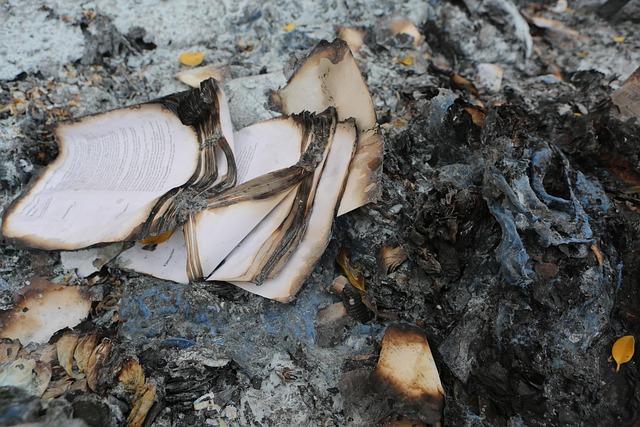
In the vibrant real estate market of Chicago, house flipping specialists play a crucial role in catering to the diverse needs of property buyers and sellers. The city’s dynamic landscape presents unique opportunities for flippers, particularly when it comes to selling fire-damaged homes. With a steady demand for affordable housing options, many Chicagoans seek out flipped properties as a cost-effective alternative to traditional homeownership.
Market analysis reveals that the post-fire restoration process is an attractive yet specialized service in high-demand areas like Chicago. Flippers who specialize in repairing and revitalizing fire-damaged homes meet a specific need, especially in neighborhoods hit by natural disasters or blazes. This niche market ensures that selling fire damaged homes in Chicago becomes a viable venture, providing both financial opportunities for flippers and quality housing options for residents seeking to rebuild after tragic events.
Legal and Financial Considerations for Flippers in Illinois
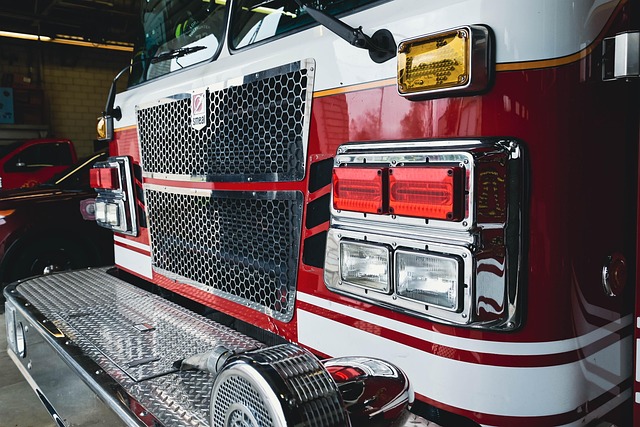
In Chicago, house flippers operate within a structured legal and financial framework. Illinois law dictates various aspects of property transactions, including those involving fire-damaged homes. Selling a fire-damaged home in Chicago requires compliance with local building codes and safety standards to ensure the property is habitable. Flippers must adhere to regulations set by the Department of Building and Zoning to prevent any legal repercussions or delays in the flipping process.
Financial considerations are equally crucial. Flippers need to be adept at budgeting, as repairs for fire-damaged properties can incur significant costs. Illinois offers tax incentives and grants for homeowners and flippers engaging in rehabilitation projects, which can help offset some expenses. It’s essential for flippers to understand the local real estate market, including property values, competition, and current trends, especially when selling fire-damaged homes to ensure profitable flips.
Success Stories: How Specialists Navigate and Profit from Challenging Sales
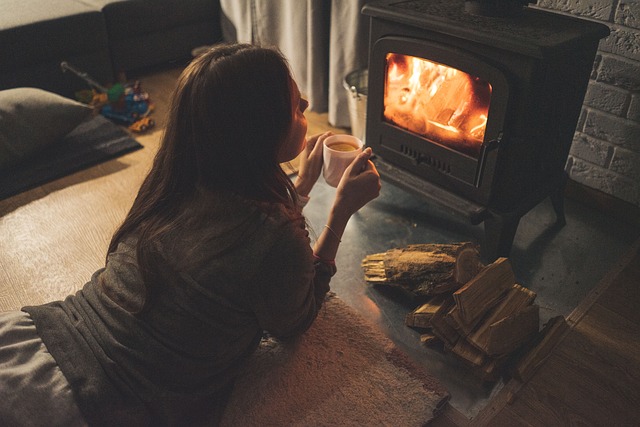
In the competitive Chicago real estate market, house flipping specialists have carved out a unique niche by successfully navigating challenging sales, such as those involving fire-damaged homes. These experts are adept at identifying potential in properties that others might overlook, understanding that every damaged or neglected property presents an opportunity for transformation and profit.
When faced with selling a fire-damaged home in Chicago, specialists quickly assess the extent of the damage, create a comprehensive renovation plan, and secure necessary permits. They then market the property effectively to attract both traditional buyers and those seeking renovation projects. Through strategic pricing, creative marketing, and meticulous project management, these specialists turn potential losses into substantial profits, demonstrating their ability to thrive in even the most demanding sales environments.
Chicago’s house flipping industry thrives due to its dynamic market and unique challenges, particularly when it comes to selling fire-damaged properties. By understanding the local landscape, adopting specialized strategies, and staying abreast of market trends, flippers can successfully navigate these complex sales. Legal and financial considerations are paramount, ensuring compliance with Illinois regulations. The success stories highlighted in this article demonstrate that, even with challenging conditions, house flipping specialists can thrive and contribute to Chicago’s ever-evolving real estate tapestry by revitalizing properties and meeting the demand for affordable housing.

